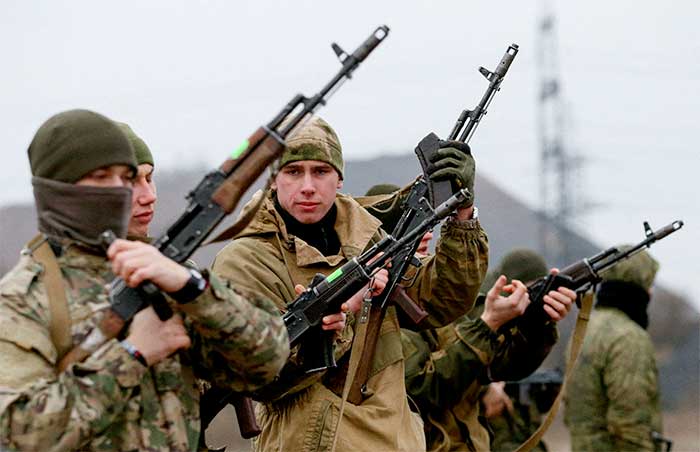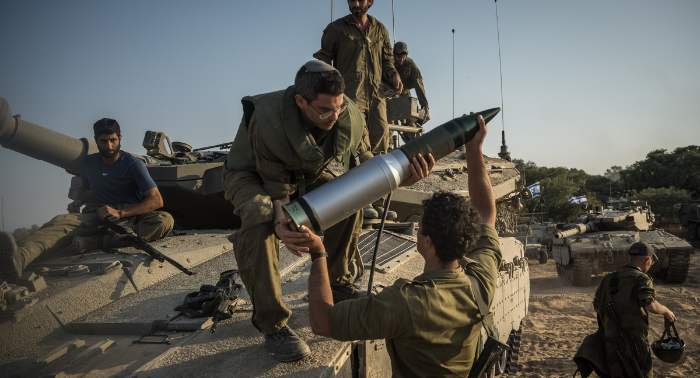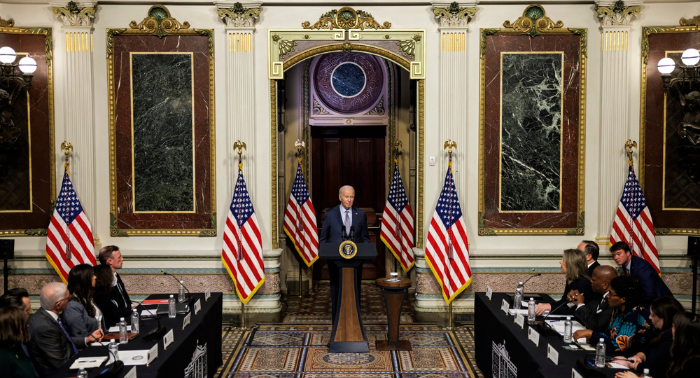Russian mercenaries, heavily equipped with arms, withdrew from the southern Russian city of Rostov, ceasing their march towards Moscow in a move that mitigated an unparalleled challenge to President Vladimir Putin’s rule. The agreement was brokered by Belarusian President Alexander Lukashenko, assuring the safety of the Wagner group members and their leader, Yevgeny Prigozhin, who will relocate to Belarus.
This disrupted uprising, however, casts doubts on Putin’s control over a nation he has governed with an unyielding fist for over twenty years. As noted by Italy’s foreign minister and other analysts, this event has dismantled the perception of a united Russia.
Prigozhin, previously a Putin associate and leader in the most violent confrontations of the 16-month war in Ukraine, had justified his advance on Moscow as a necessary step to eradicate corrupt and ineffective Russian military leadership, whom he accused of mishandling the war.
Prigozhin was observed departing the Rostov military headquarters late Saturday in an SUV. His location on Sunday remained undisclosed.
“In 24 hours, we came within 200 km of Moscow without any casualties,” Prigozhin claimed in a video from an unknown location. In anticipation of bloodshed, he decided to reverse course and return to the field camps.
Following the seizure of Rostov, a key logistical support hub for Russia’s invasion of Ukraine, the mercenaries had advanced north on Saturday, labeling it a “march for justice.” Videos depicted them moving tanks and armored vehicles, and breaching barricades erected to halt them.
Moscow urged citizens to stay indoors and deployed troops in preparation for the mercenaries’ arrival, who faced minimal resistance from the regular armed forces.
Moscow was peaceful on Sunday following the de-escalation agreement. Monday was declared a day off to allow for a return to normalcy.
Social media footage from Rostov displayed the mercenaries departing the city amidst cheers and celebratory gunfire from the local population.
Interfax reported that all travel restrictions in the Rostov region have been lifted.
A late Saturday agreement stipulated that the criminal charges against Prigozhin for armed rebellion would be dropped, Prigozhin would relocate to Belarus, and the Wagner fighters would face no repercussions, recognizing their prior service to Russia.
During Saturday’s upheaval, Putin declared the rebellion a threat to Russia’s very existence. “We are battling for our people’s lives and safety, for our sovereignty and independence, for the right to remain Russia,” Putin said.
Italy’s Foreign Minister Antonio Tajani claimed that Putin’s endorsement of Prigozhin’s sizable private army, which did much of the heavy fighting in Ukraine, had precipitated Saturday’s events.
In the wake of the revolt, Ukrainian President Volodymyr Zelenskiy claimed it revealed disorder within Russia. “Today the world can see that the masters of Russia control nothing. It’s simply complete chaos,” Zelenskiy stated.
Prigozhin’s fighters include thousands of former prisoners recruited from Russian jails. He had been voicing dissatisfaction against the top military leaders and had refused to place his troops under the command of the Defence Ministry. He initiated the apparent rebellion after alleging that the military had killed many of his fighters in an air strike, a claim the Defence Ministry denied.




